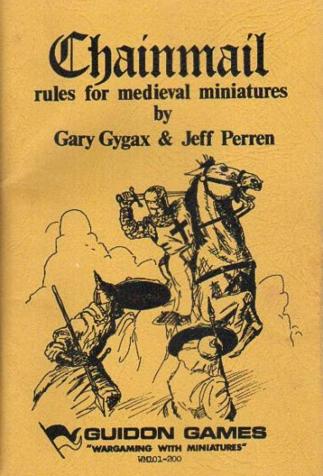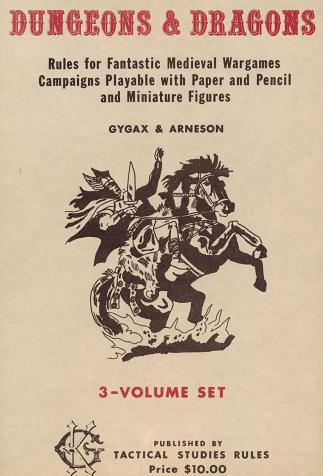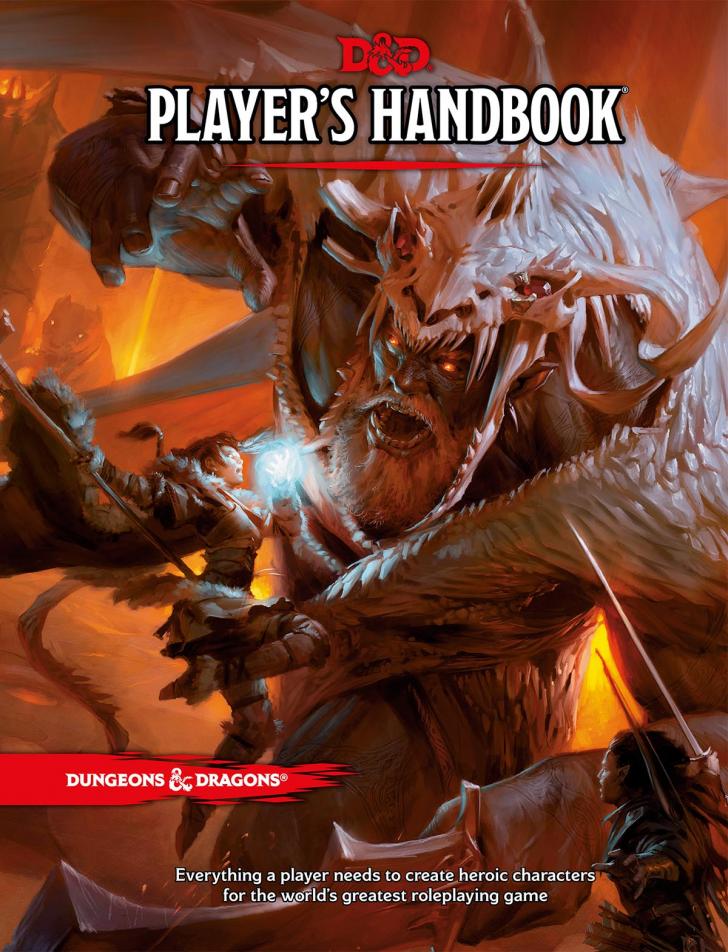Dungeons & Dragons: When Wargames Are Inspired by Fantasy
Dungeons & Dragons, a descendant of history-based wargames and the most famous role-playing game in the world, introduced a totally new concept 45 years ago: a fantasy setting that offered players a chance to immerse themselves in an imaginary world.
The Legacy of Wargames
Even today, Dungeons & Dragons is still the most famous role-playing game in the world. It was also the very first one. It was designed in two stages. To begin with, it owes a lot to wargames, strategy games that simulate warfare and that achieved a certain popularity in the United States and the United Kingdom in the 1950s. Most versions of that kind of game were based on relatively contemporary conflicts (the American Civil War, World War II, etc.). Then in 1971, Gary Gygax decided to create a wargame set in the Middle Ages: Chainmail. He included a “fantasy supplement” to the rules that enabled simulated fighting between heroes and fantasy monsters that were largely inspired by J.R.R. Tolkien’s work. That decision was undoubtedly motivated by how popular The Lord of the Rings and Robert Howard’s Conan were with American youth at that time.
Immersive Play
Another game designer, Dave Arneson, brought an extra dimension to Chainmail. He decided to connect multiple wargame sessions by placing them inside the fantasy world of Blackmoor, which players had to interact with. From then on, participants could collaborate with each other inside an imaginary world that was not imposed by an author. A short time later, in 1974, Arneson and Gygax produced a whole new game reprising the concept: Dungeons & Dragons. The rest, as they say, was history.
A Global Cultural Reference
Dungeons & Dragons’ influence is enormous. It has been rereleased in several versions (five, to date) and has been given dozens of different fantasy settings that have attracted millions of players.
Other role-playing games soon jumped on the bandwagon (most notably RuneQuest, as early as 1978), but even today, fantasy is the sector’s preferred genre. The Gygax/Arneson tandem’s creation also had an impact on the nascent video-game industry , inspiring dnd (1975) and Akalabeth: World of Doom (1979) by Richard Garriott, who went on to launch the Ultima series.
Finally, it also inspired all sorts of other cultural products, including illustrations (particularly for the game covers), novels (many authors, like Jean-Philippe Jaworski, started out as role-playing game designers), cartoons (Dungeons & Dragons, 1983), and comic books and manga, as well as parodies (The Dungeon of Naheulbeuk, since 2001).
Like computer technology, the game quickly became identified with a new social stereotype: geeks, brainy people with lots of degrees who gave rise to several fictional characters. Dungeons & Dragons began cropping up in myriad films and TV shows, from E.T., The Extra-Terrestrial (1982) to The Big Bang Theory (2007-2019).
Since the 2000s, Dungeons & Dragons has fuelled a culture of nostalgia. Players have been trying to recreate – particularly through the retro-clone phenomenon, which spoofs Gygax and Arneson’s style – the earliest editions of the game. Once again, as in Tolkien’s work, fantasy worlds have become associated with the ideas of lost youth and the ineluctable passing of time.



